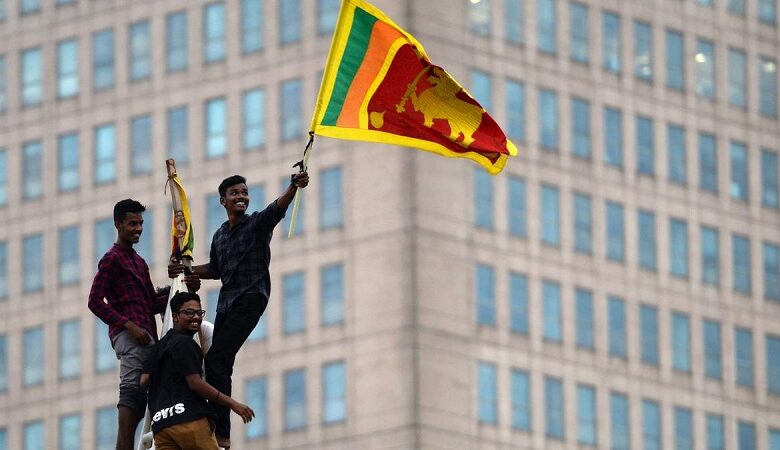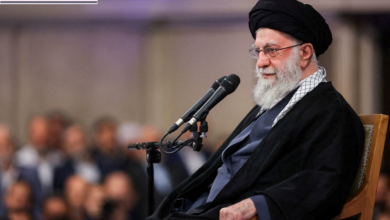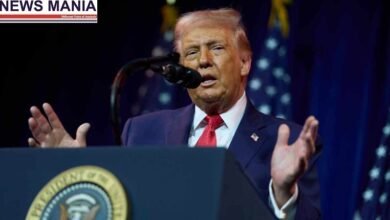IMF Approves Second Review of Sri Lanka’s Bailout Amid Ongoing Economic Challenges

News Mania Desk/ Agnibeena Ghosh/15th June 2024
The International Monetary Fund (IMF) has greenlit the second review of Sri Lanka’s $2.9 billion bailout package, marking a crucial step in supporting the nation’s economic recovery efforts. The approval means Sri Lanka will receive approximately $336 million, bringing the total disbursed under the program to about $1 billion.
In its statement issued on Wednesday, the IMF acknowledged signs of economic improvement in Sri Lanka but cautioned that significant vulnerabilities persist, particularly concerning the country’s heavy debt burden. The IMF emphasized the precarious nature of Sri Lanka’s path towards debt sustainability, describing it as “knife-edged.”
One of the IMF’s key recommendations is for Sri Lanka to swiftly finalize the Memorandum of Understanding (MoU) with its Official Creditor Committee (OCC), which includes major lenders like Japan and India. Additionally, the IMF stressed the importance of concluding agreements with the Export‑Import Bank of China, highlighting ongoing negotiations critical to stabilizing Sri Lanka’s financial position.
Finance Minister Shehan Semasinghe addressed reporters, indicating that Sri Lanka is prioritizing reaching in-principle agreements with bondholders. He expressed optimism about finalizing an agreement with the China Development Bank soon, potentially by the end of the current month.
Sri Lanka has been grappling with its most severe financial crisis in over seven decades since 2022, marked by acute dollar shortages that triggered a surge in inflation to a peak of 70%. This crisis also led to a significant depreciation of the Sri Lankan rupee and a sharp economic contraction of 7.3%. The IMF bailout initiated in March last year played a crucial role in stabilizing these adverse economic conditions.
Recent months have seen some positive developments, with the Sri Lankan rupee appreciating by 7% and inflation easing to 0.9% in May. However, subdued demand and ongoing uncertainties surrounding debt restructuring negotiations continue to pose challenges for the economy.
According to a government source familiar with the matter, Sri Lanka and the OCC are currently in advanced discussions and are reviewing the final draft of the MoU, signaling progress in critical negotiations.
Minister Semasinghe underscored the significance of the IMF’s approval of the second review, emphasizing its role in reinforcing economic stability and resilience amid ongoing challenges. However, he also acknowledged the importance of addressing remaining vulnerabilities, including the need for revenue mobilization, reserve accumulation, and ensuring banks’ capacity to support the economic recovery.
The IMF Directors emphasized the necessity of implementing additional revenue measures as part of the 2025 budget, alongside reforms in tax administration and transparency in tax exemptions. They cautioned against potential risks stemming from a faltering reform momentum if consistent policies are not maintained.
Looking ahead, Sri Lanka faces upcoming presidential elections before mid-October, with opposition parties indicating potential reviews of current government policies on taxation and IMF program targets if they come to power.
In conclusion, while the IMF’s approval of the second review is a positive development for Sri Lanka’s economic recovery journey, challenges remain significant. The nation continues to navigate a complex landscape of debt restructuring and economic stabilization efforts, requiring sustained commitment to reforms and prudent fiscal policies to achieve long-term financial sustainability.






